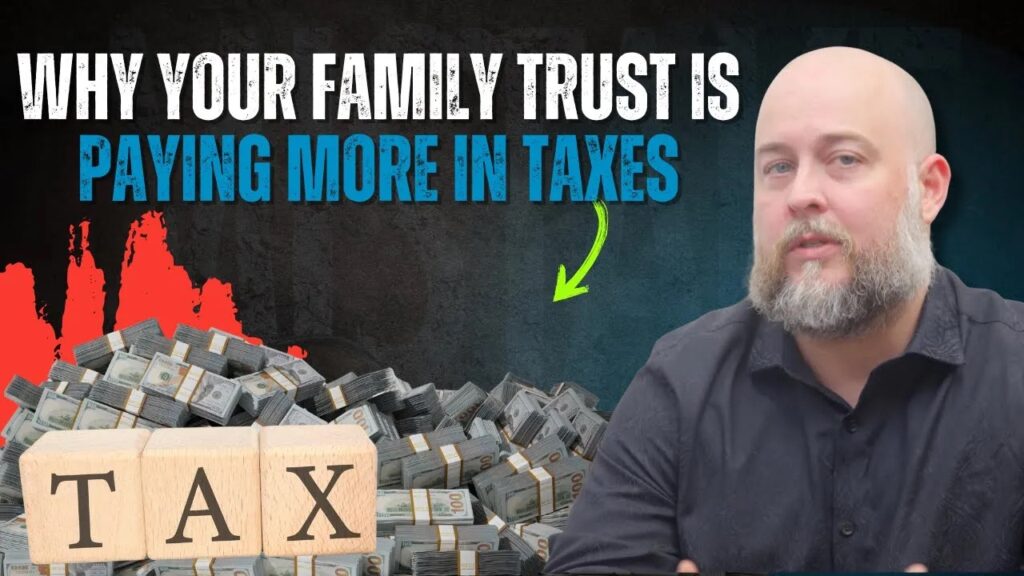New Reciprocal Tariffs Hit Global Trade Partners
The U.S. has implemented steep new “reciprocal” tariffs under President Donald Trump, targeting countries he says have long taken advantage of America. Rates include 50% duties on Brazil and India (with India’s rate doubling later this month), and 39–41% for countries like Switzerland, Syria, Laos, and Myanmar, while trade deal partners such as the EU, Japan, and South Korea face lower 15% tariffs. Switzerland, caught off guard by its rate, sent negotiators to Washington but has yet to reach a deal. Analysts warn the economic impact on growth and inflation remains uncertain, as some countries secure lower rates while others, including China and Mexico, remain in trade limbo.
Trump Opens Door to 401(k) Private Market Investments, Sparking Debate
Donald Trump signed an executive order aimed at making it easier for 401(k) and workplace retirement plans to include alternative investments like private equity, real estate, commodities, and digital assets. The order directs the Labor Department and SEC to reexamine rules, clarify fiduciary duties, and reduce litigation risks, though actual changes may take effect in 2026. Proponents argue private markets could offer diversification and growth opportunities, while critics, including Sen. Elizabeth Warren, warn about higher costs, lower transparency, liquidity issues, and systemic financial risks. Employers will still have to perform extensive due diligence before adding such investments, and many savers may not see immediate changes.
Grocery Prices Keep Americans Gloomy on Economy Despite Slowing Inflation
President Trump’s pledge to lower grocery costs has yet to materialize, with over half of Americans calling food prices a major stressor, an AP-NORC poll finds. Grocery inflation has slowed to 2.4% from a 2022 peak of 9.4%, but prices remain high, with items like eggs, beef, and orange juice climbing further due to supply issues, extreme weather, and tariffs. Economists warn Trump’s import tariffs could trigger more price hikes as inventories run low. Shoppers are cutting back, using coupons, and cooking at home, trends that are pressuring retailers and food companies. Analysts note that grocery prices play an outsized role in shaping public perceptions of the economy, meaning continued sticker shock could weigh on both consumer confidence and economic growth.

















